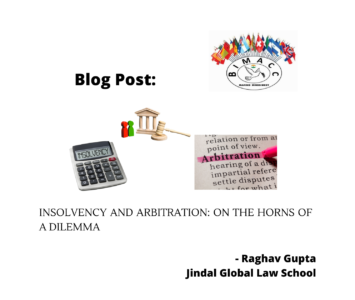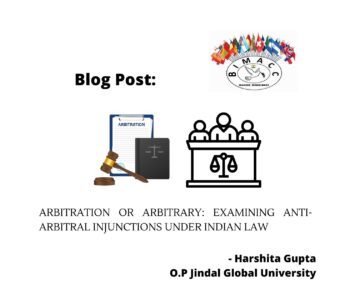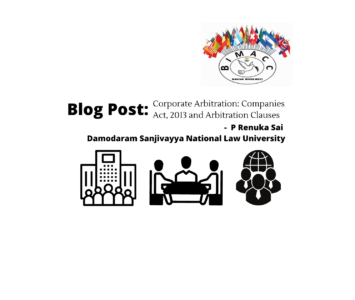UNDERSTANDING PRE-ARBITRAL PROCEDURES: KEY STEPS & CONSIDERATIONS
UNDERSTANDING PRE-ARBITRAL PROCEDURES: KEY STEPS & CONSIDERATIONS INTRODUCTION: PRE-ARBITRAL CONDITIONS In today’s global landscape, the preference for and adoption of arbitration as an alternative to traditional litigation has flourished significantly across various jurisdictions. This consistent progress underscores arbitration’s appeal, characterized […]
Read More









